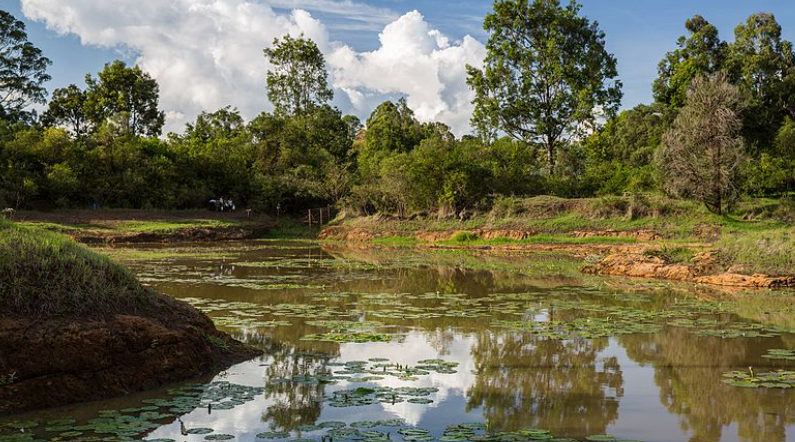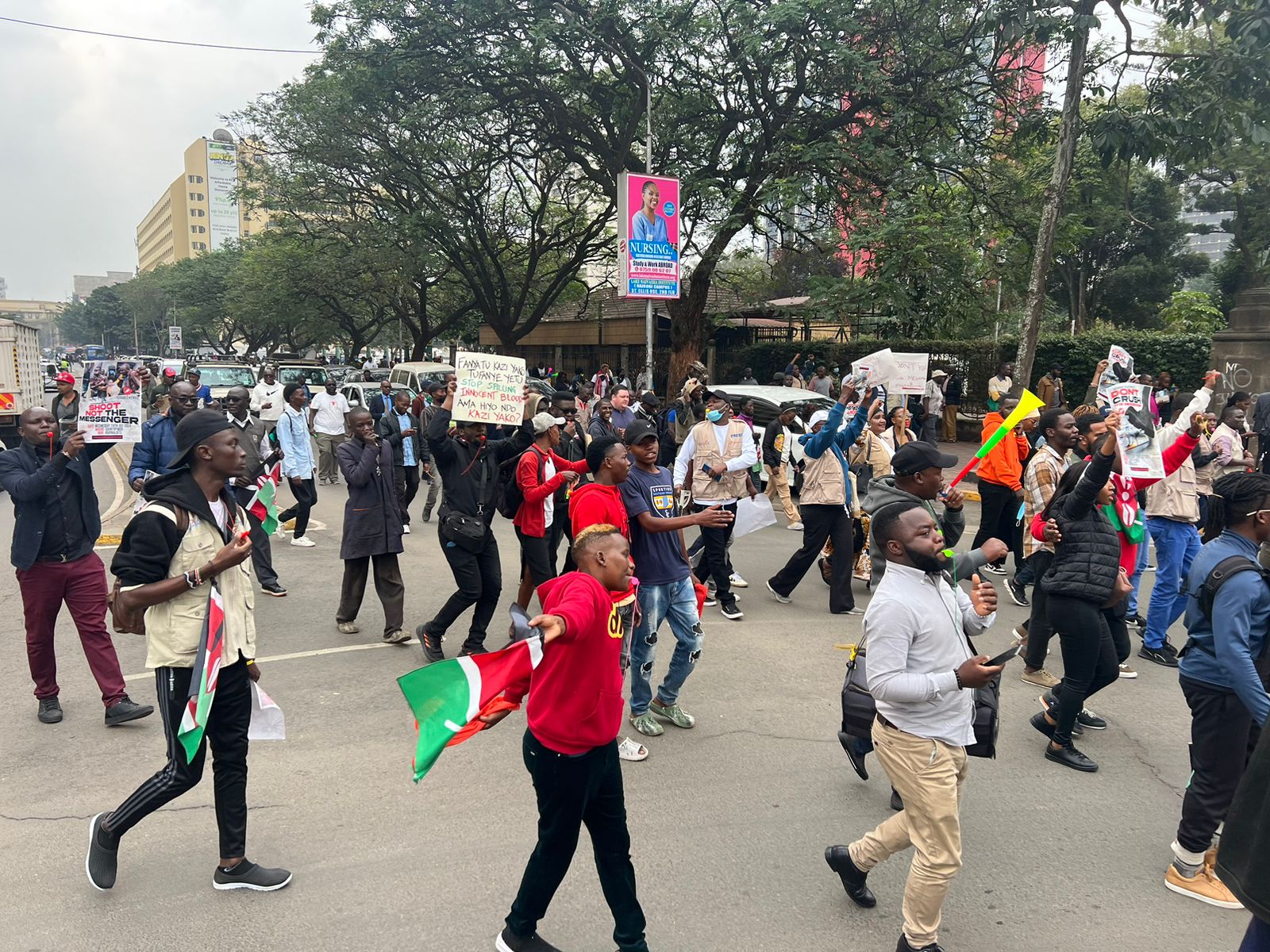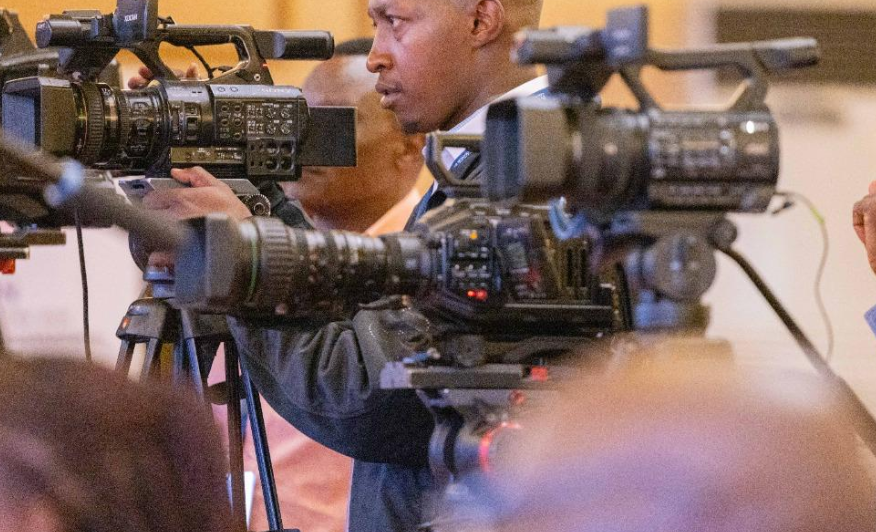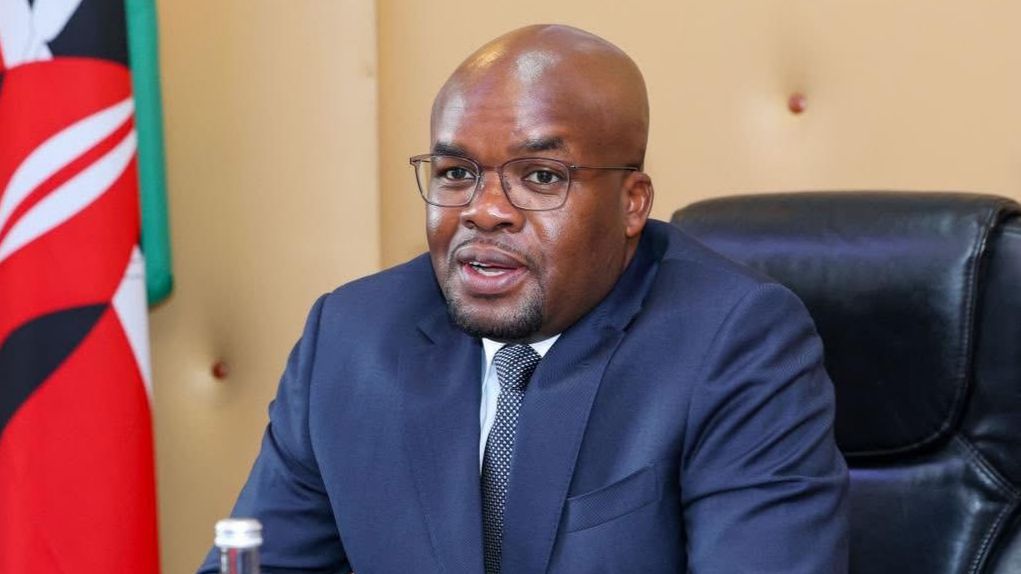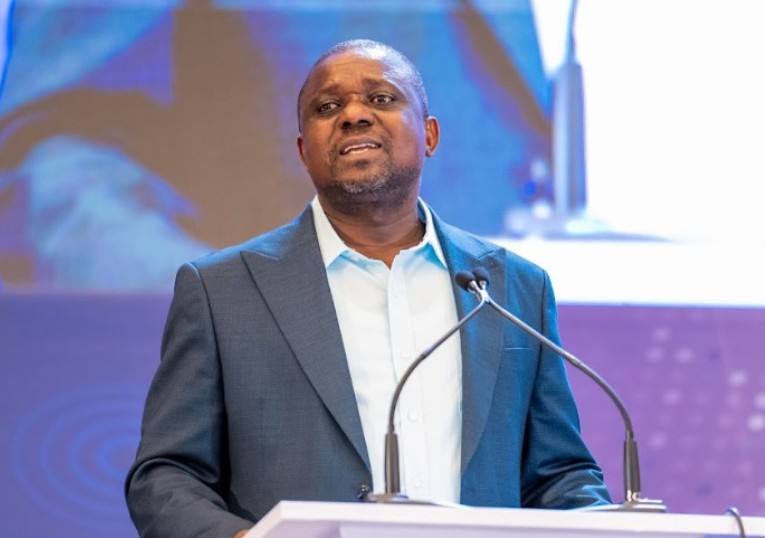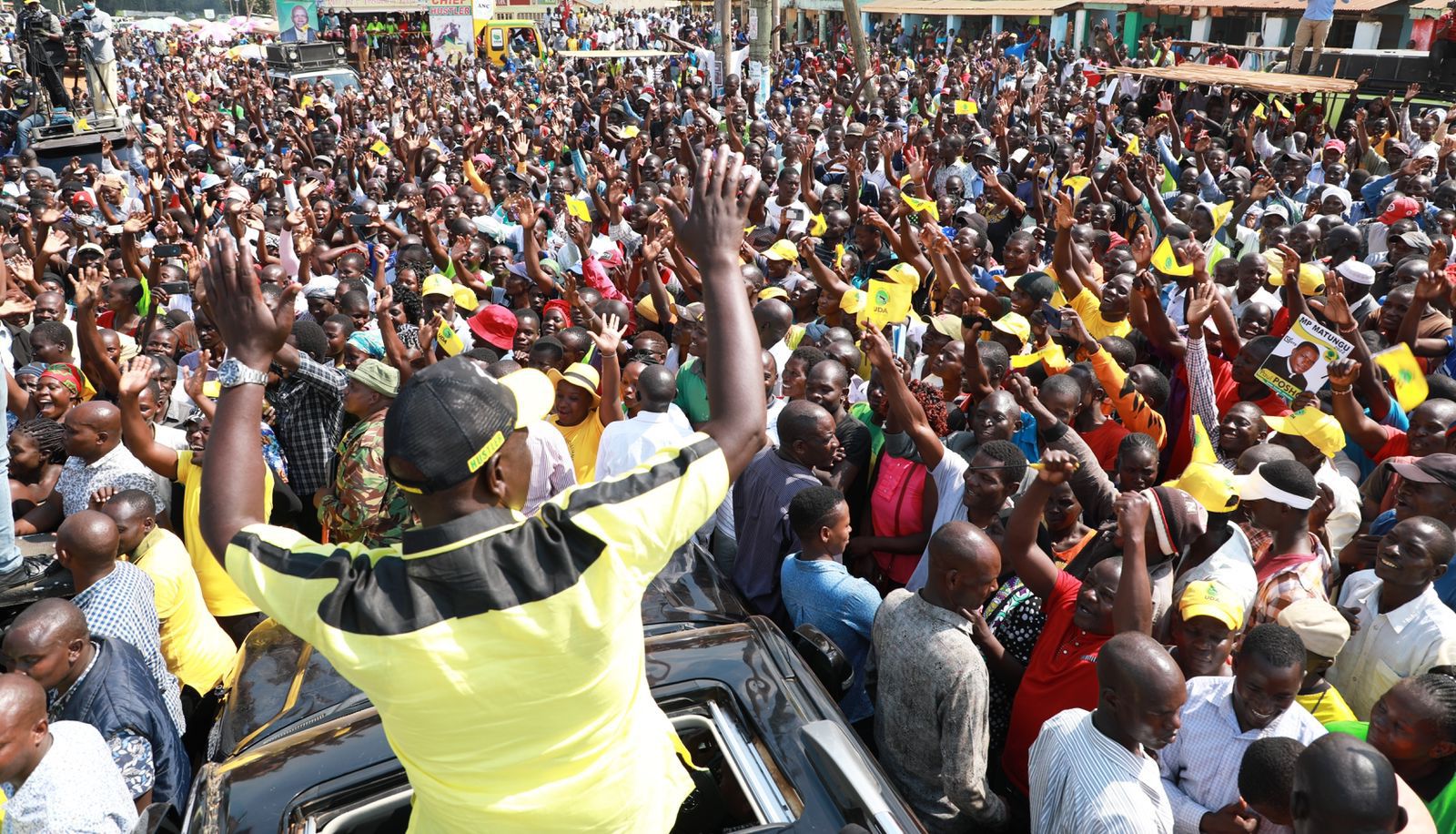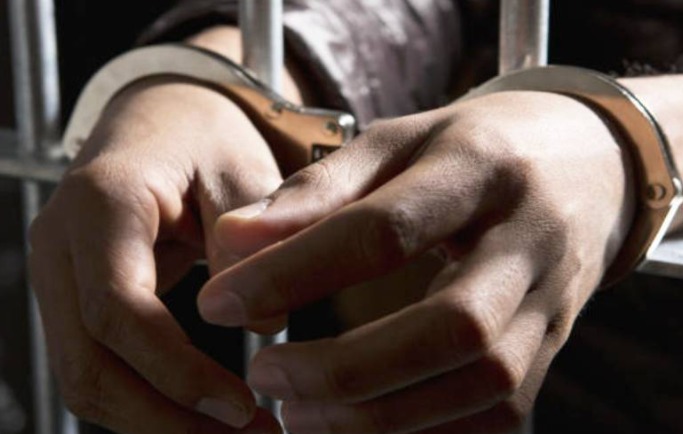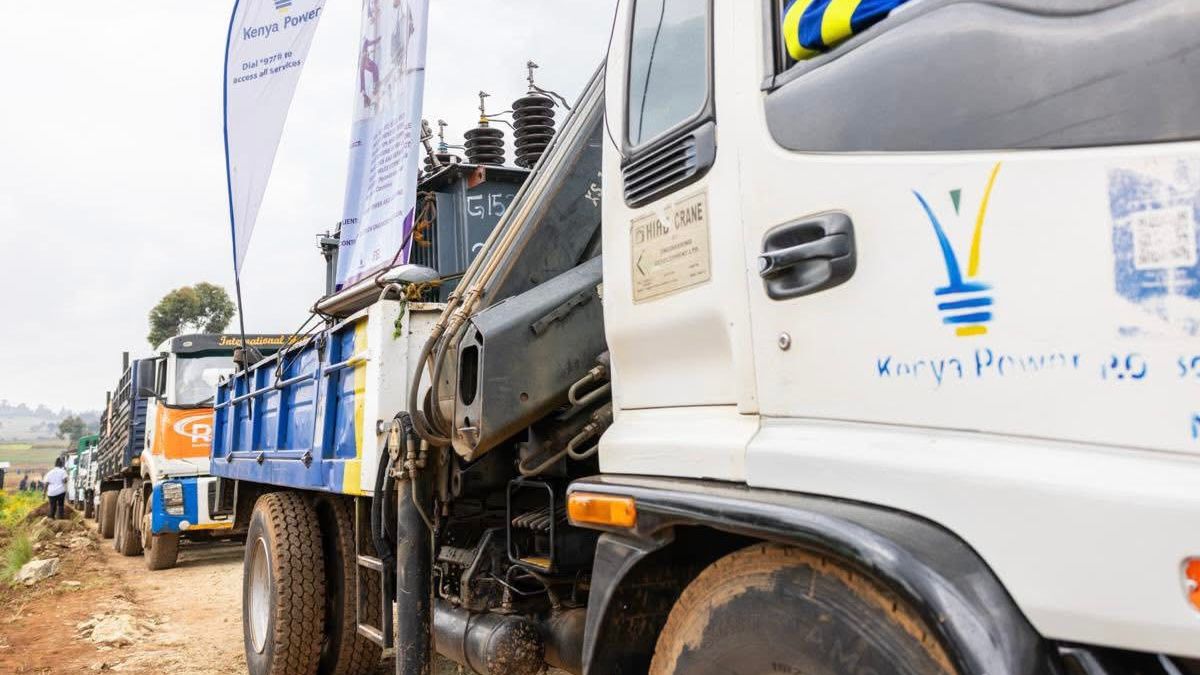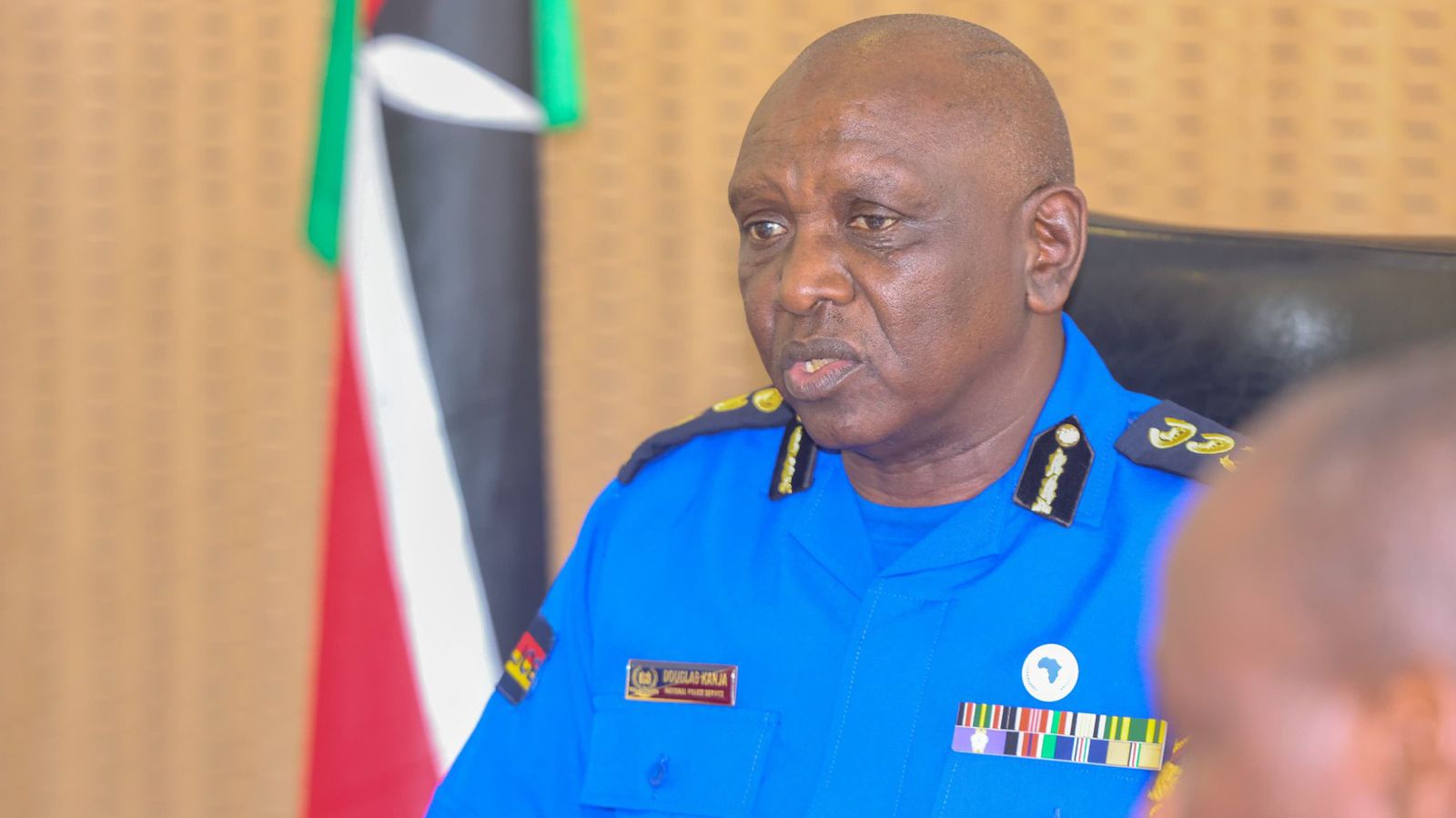By Endrian Lupia
Every few months, we get a harsh reminder of the consequences of climate change globally. A disaster strikes, jolting us awake—only for us to forget again within weeks, slipping back into our daily routines.
We act as though these crises are distant and irrelevant, unaffected by the reality that they could impact us at any time and any place.
Last week, the East Coast of the United States was battered by one of the most devastating hurricanes the region has seen in this century. As expected, condolence messages poured in, and emergency responders were praised for their heroic efforts (Rightly so).
But in a few weeks, we’ll return to the familiar refrain: "What does this have to do with climate change?". This cycle of shock, fleeting concern, and swift forgetfulness is a pattern that needs to change. Remember our annual COP meetings and promises- the COP29 is coming up in Azerbaijan this November-another round of promises.
Read More
It is lazy rhetoric, but it persists, nonetheless. We forget too quickly, we move on too swiftly- because these extreme events are no longer things that happen once on the global scale, they happen almost on a weekly basis.
The ‘apocalyptic’ Dubai floods in mid-April 2024, which were caused by the heaviest rainfall in 75 years were followed swiftly by heatwaves worsened by the El Niño phenomena affecting countries like the Philippines, Thailand, and India, with record-breaking temperatures impacting public health.
Closer home, in May 2024, severe flooding struck Kenya, killing over 225 people and displacing hundreds of thousands, exacerbating the country's vulnerability after years of drought. These are all easily forgotten and swept under the rug, with the politics taking center stage.
On one hand, the skeptics about global movements and conventions, whose numbers are growing, and whose voices are growing louder, argue the fact that the North is pushing too many things.
If it’s not immigrants who were not fully vetted, they claim that these individuals, backed by political powers, imposed vaccine mandates without proper testing. This leads to a broader mistrust of their intentions, fueling disbelief in any truth they may present including on climate change.
On the other hand, climate change advocates, once vocal, seem to retreat behind facts, which some find ironic. In today’s world, disinformation and misinformation thrive, blurring the line between fact and opinion.
Facts are often twisted, hidden behind figures of authority—politicians, activists, or even large-scale events. As the public is told to abandon diesel engines, those delivering the message continue to fly on private jets, deepening the divide. This irony and double standard only serve to feed the skepticism in an already divided world.
This message has been screamed at us time and again—the hypocrisy, the blatant bias—but we turn a blind eye, convincing ourselves we’re fighting a larger battle. We dismiss these warnings as the ravings of extremists.
Yet, in doing so, we’ve slowly become blind ourselves, failing to see what’s right in front of us. Hiding behind politics has only watered down our message: climate change is real, and it’s happening now. It’s not a distant warning for future generations; it’s a present crisis that demands immediate action to save ourselves.
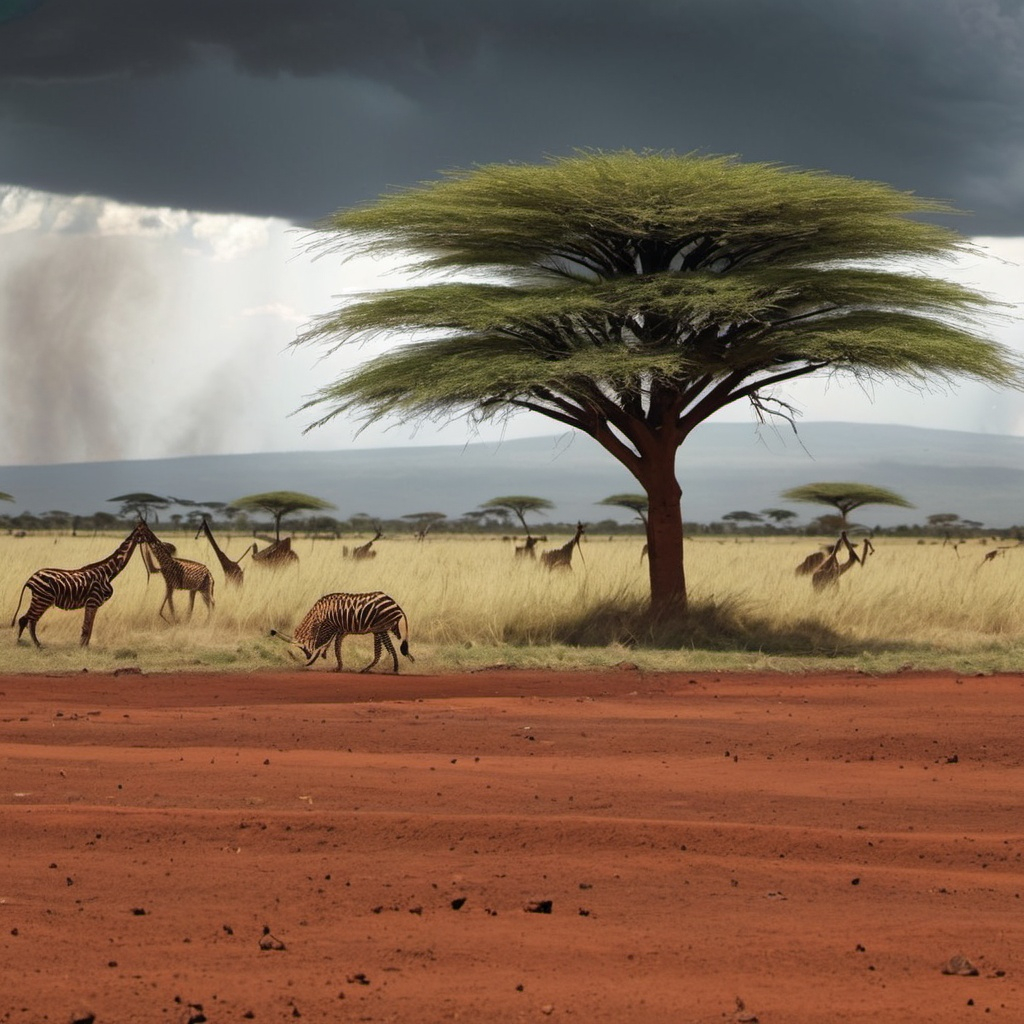
We have been failed by the very people we made the face of our struggle. We hid behind the skirts of a young girl, Greta. We used her to further our cause. She is growing up, and some are running away because they don’t agree with some of the things she says.
It was wrong to use her in the first place. We hid behind the United Nations, but their politics with Israel, Palestine, Russia, and Ukraine are diluting their message on climate change.
We hid behind activists who chained themselves to trees, threw paint on other people’s work, and blocked roads to show they meant business.
We tied our dreams to the dreams of others, and slowly, we watered down our message. Now, advocating for climate change means being labeled a far-left activist, aligning with causes others strongly oppose.
It's time to go back to the drawing board. We need to stop relying on politicians as the foundation of our movement and focus on educating the public in ways they understand and appreciate. It's time to listen to what people on the ground are saying.
We must give science its rightful place in the climate change conversation and distance our vision from billionaires, who many see as self-serving under the guise of policy change.
The real heroes, the first responders we praise when disaster strikes, are the ones who should be empowered. They need the information, resources, and financial support to implement the preventive measures we’ve been advocating for.
The Writer is a Postgraduate student in Energy Management at Algonquin College Ottawa
